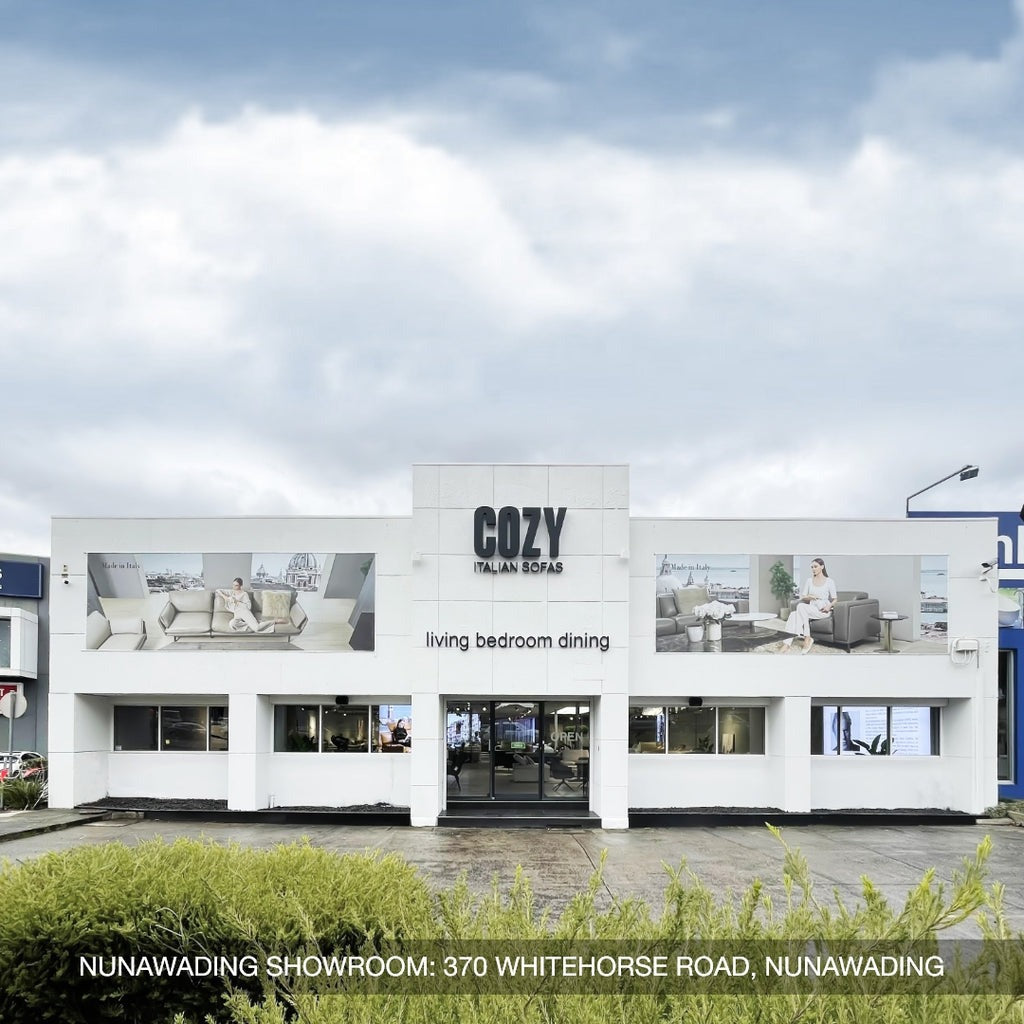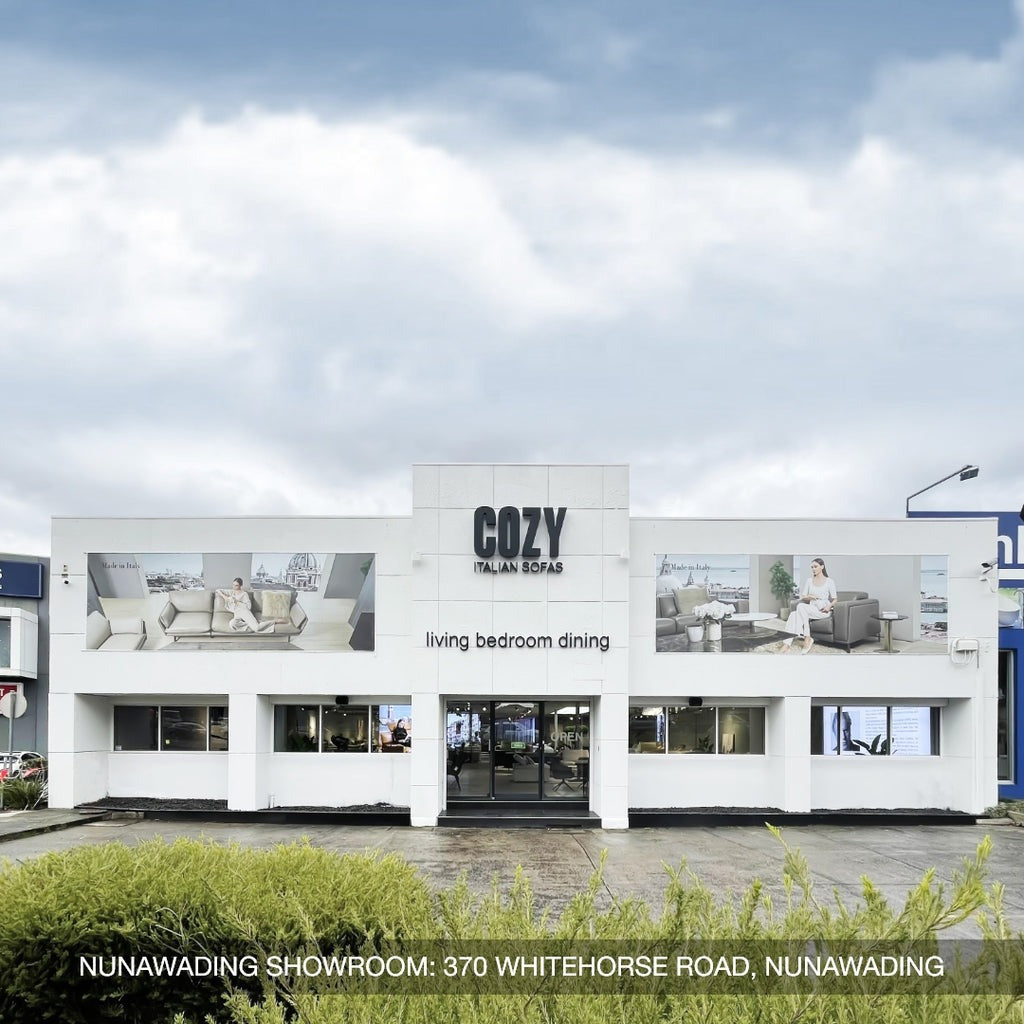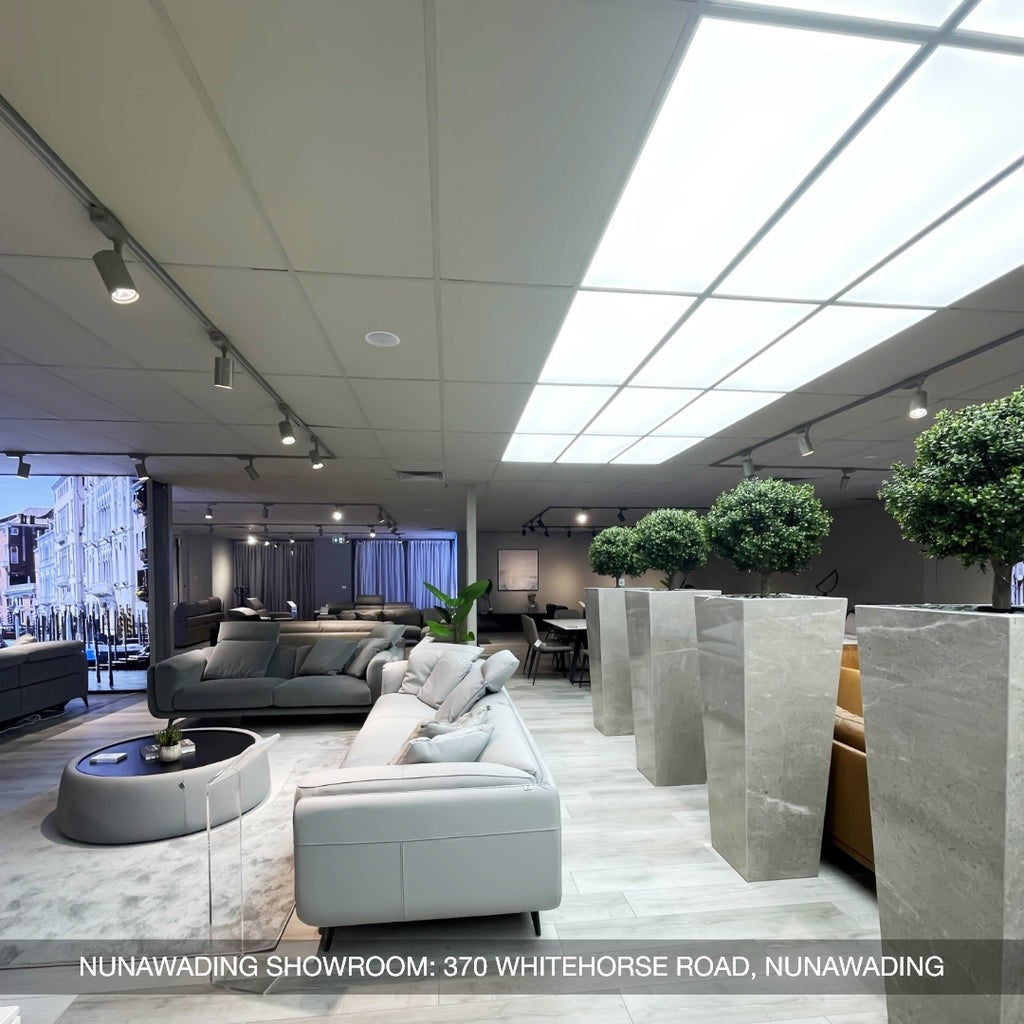The allure of kitchen makeover such as new appliances, sleek countertops, and improved functionality is undeniable. But before diving headfirst into demolition, one crucial question lingers: how much will it cost to upgrade your kitchen? This guide will unveil the secrets of upgrade kitchen cost, helping you navigate the exciting yet sometimes daunting world of budgeting for your dream kitchen. We'll explore key factors that influence the price tag, offer budgeting tips, and equip you with the knowledge to confidently answer the essential question: how much to upgrade kitchen? So, roll up your sleeves, grab your metaphorical measuring tape, and let's embark on this journey towards a stunning, budget-conscious kitchen transformation!
Evaluating The Current Situation
Assessing The Existing Condition
Firstly, assess the existing condition. Scrutinize every corner, from creaky cabinets and outdated appliances to worn flooring and leaky faucets. Document any necessary repairs or replacements, noting the urgency and potential cost. Are the cabinets structurally sound but simply outdated? Replacing hinges and doors might suffice, while warped or damaged cabinets necessitate a full-fledged swap, impacting the budget significantly. Similarly, functional appliances can often be rejuvenated with maintenance, while inefficient or malfunctioning ones require upgrades, influencing the overall cost.
Identifying Different Upgrade Types
Next, identify the different types of upgrades you envision. Do you dream of a complete overhaul, including layout changes, new flooring, and top-of-the-line appliances? Or perhaps a refresh with updated cabinet hardware, a stylish backsplash, and energy-efficient lighting is your goal. Each upgrade type carries its own price tag. For instance, relocating plumbing and electrical lines during a layout change adds significantly to the cost compared to simply painting existing cabinets. Understanding these variations helps you prioritize desired improvements and allocate your budget effectively.

Considering The Kitchen's Size, Current State, And Desired Alterations
Finally, consider the kitchen's size, current state, and desired alterations in tandem. A small kitchen with minimal changes might require a smaller budget than a spacious one undergoing a complete layout transformation. Additionally, the existing condition plays a role. Replacing flooring in a kitchen with pre-existing tile is less expensive than installing it on bare subflooring. By factoring these elements together, you gain a realistic understanding of the cost to upgrade your kitchen and can tailor your updated kitchen ideas to align with your budget and space limitations.
Breaking Down Kitchen Remodel Costs
Cabinets
Cabinets reign supreme in kitchen budgets, claiming a whopping 25-30% of the total cost. This hefty chunk reflects their crucial role in functionality and aesthetics. High-end dining room furniture collection might tempt you, but remember, custom cabinets with intricate details or exotic woods significantly inflate the price tag. Explore stock or semi-custom options for a budget-friendly balance between style and affordability. Refinishing existing cabinets offers an even more cost-effective way to update old dining room set and breathe new life into your kitchen.

Countertops
Next, countertops command your attention, typically accounting for 10-15% of the budget. From sleek granite to trendy quartz, the material reigns supreme. Remember, size matters! Large kitchens with expansive counter spaces naturally incur higher costs. Consider opting for laminate or butcher block in specific areas for a cost-conscious approach, while reserving pricier materials like marble for statement areas. By strategically selecting materials and focusing on key workspaces, you can achieve both beauty and brawn without breaking the bank.
Appliances
Modern appliances, encompassing ovens, refrigerators, dishwashers, and ventilation systems, gobble up around 15% of the budget. While energy-efficient, smart appliances save money in the long run, their initial cost can be substantial. Weigh the benefits of individual upgrades against your budget. Do you truly need a top-of-the-line oven, or would a mid-range model suffice? Remember, functionality doesn't have to equal extravagance. Choose wisely, and your kitchen will become a joy to cook in for years to come.

Flooring
Kitchen flooring, accounting for 7-10% of the budget, shouldn't be overlooked. Durable, water-resistant materials like tile, laminate, or linoleum offer excellent value. Hardwood, while undeniably beautiful, requires more maintenance and can significantly inflate the cost. Consider the size and layout of your kitchen, prioritizing high-traffic areas with durable materials while exploring more budget-friendly options in less-used spaces.
Plumbing & Lighting
Don't underestimate the impact of plumbing and lighting, which together eat up about 10% of the budget. While fixtures themselves might not be exorbitant, extensive rerouting of pipes or electrical lines can push costs upwards. If your layout remains largely unchanged, these costs remain manageable. However, significant plumbing or electrical work can quickly become budget busters. Plan meticulously to avoid hidden costs and ensure your kitchen is both well-lit and functionally equipped.

Categorizing Kitchen Remodel Costs
Small Kitchen Remodel
Smaller spaces offer a budget-friendly advantage, typically costing between $12,000 and $22,000. Embrace the power of cheap ways to upgrade your kitchen: refresh cabinets with paint and new hardware, add a playful backsplash with peel-and-stick options, and explore cost-effective flooring like vinyl or laminate. Focus on high-impact elements like a statement faucet or pendant lighting to elevate the feel. Remember, clever storage solutions like open shelving or cabinet pull-outs can make a small space feel surprisingly spacious and functional.
Medium Kitchen Remodel
For kitchens with more breathing room, the budget expands to $22,000-$46,000. Here, you can delve into a wider range of materials and functionalities. Opt for stock or semi-custom cabinets, explore durable and stylish options like laminate or quartz countertops, and consider replacing key appliances for improved performance. This size allows for more flexibility in layout changes, potentially impacting plumbing and electrical costs. However, careful planning and exploring cheap ways to upgrade kitchen features like hardware, lighting, and backsplashes can keep you within budget while achieving a stylish and functional space.
Large Kitchen Remodel
Grand visions for a sprawling culinary haven? Be prepared for a larger upgrade kitchen cost, ranging from $42,000 to $60,500 or more. Luxurious materials like custom cabinets, granite countertops, and high-end appliances become tempting options. However, remember, bigger spaces often translate to more extensive demolition, plumbing, and electrical work, significantly impacting the budget. Prioritize key areas like the cooking zone and main workspace, exploring cost-effective alternatives in less-used areas. Embrace cheap ways to upgrade kitchen elements like lighting, decorative accents, and storage solutions to personalize your grand space without breaking the bank.
FAQs
What costs the most in a kitchen remodel?
In a kitchen remodel, cabinets often incur the highest costs, representing nearly 30% of the total budget. Custom cabinets can be especially pricey, but opting for stock or semi-custom alternatives helps manage expenses. Upgrading appliances, countertops, and flooring contribute significantly to the overall cost as well. However, the most substantial expenses arise when undergoing structural changes, such as expanding or reconfiguring the space. Additional costs depend on personal choices, like choosing high-end materials or appliances. To manage expenses effectively, homeowners can explore budget-friendly options, such as repainting walls, refacing cabinets, or updating an old dining room set for a cost-effective yet stylish upgrade.
How long does it take to remodel a kitchen?
The duration of a kitchen remodel varies based on factors like project scope, size, and complexity. Small remodels, focusing on cosmetic upgrades, may take about 2-3 weeks. Medium-sized projects, involving more comprehensive changes, often require 4-6 weeks. Large-scale remodels, including structural alterations, can extend to 8 weeks or more. Timelines are influenced by factors such as material availability, contractor schedules, and unforeseen issues. Planning and coordination are crucial for a smooth process. While these are general estimates, the specific details of each project contribute to the overall timeframe for completing a kitchen remodel.
Conclusion
Navigating the realm of kitchen renovation necessitates a thoughtful balance between aspirations and financial realities. Understanding the upgrade kitchen cost and establishing a well-defined budget are integral to a successful project. Whether opting for cost-effective enhancements or indulging in high-end upgrades, meticulous planning ensures a harmonious blend of style and practicality. By considering every facet, from cabinets to countertops, homeowners can embark on a transformative journey that aligns with their vision while respecting the cost to upgrade kitchen. A well-budgeted kitchen renovation not only enhances the heart of the home but also ensures a satisfying investment that resonates with both functionality and aesthetic appeal.





